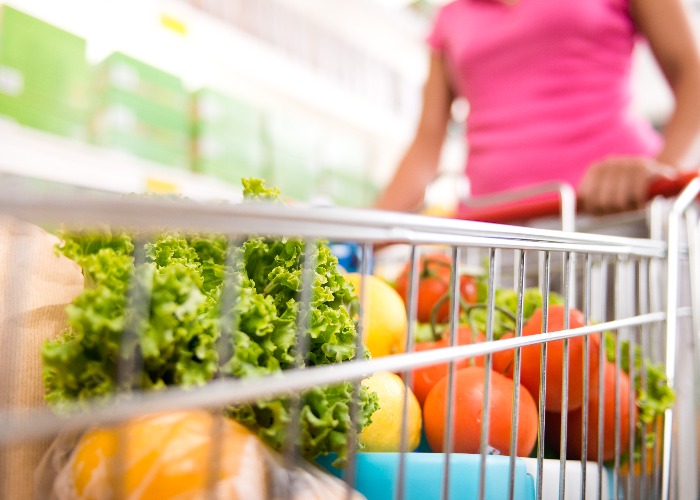Morrisons Price Crunch: cost of 160 meat, fruit and veg items cut

Morrisons is reducing prices on a selection of meat, fruit and veg as part of its ongoing Price Crunch campaign.
Morrisons says it is cutting prices on meat, veg and fruit in response to falling food prices.
This week, the supermarket will reduce costs on nearly 160 products by an average of 12% as part of its Price Crunch campaign.
Have a look at some of the upcoming price cuts:
|
Product new price |
Old price |
New price |
|
Morrisons lamb shoulder (per kg) |
£8.00 |
£6.50 |
|
Morrisons beef topside steak (per kg) |
£12.50 |
£10 |
|
Morrisons wafer thin cooked ham 400g |
£1.87 |
£1.56 |
|
Morrisons wafer thin cooked chicken 400g |
£1.87 |
£1.56 |
|
Morrisons medium whole chicken |
£3.46 |
£3.00 |
|
Morrisons unsmoked gammon joint 750g |
£4.00 |
£3.28 |
|
Morrisons pork loin steak (per kg) |
£6.46 |
£5.86 |
|
Morrisons butchers style pork sausage (454g) |
£1.82 |
£1.47 |
|
Morrisons Brussels pate tub |
60p |
57p |
|
Morrisons carrots (1kg) |
60p |
44p |
|
Morrisons broccoli |
60p |
38p |
|
Morrisons baby potatoes (1kg) |
£1 |
87p |
|
Morrisons salad tomatoes (6-pack) |
65p |
56p |
|
Morrisons salad peppers (3 pack) |
£1 |
82p |
|
|
|
|
|
Total price |
£44.43 |
£36.87 |
|
|
Saving |
£7.56 (17%) |
Andy Atkinson, customer and marketing director ar Morrisons, said:
“Meat is one of the priciest items in families’ shopping baskets and as kids go back to school the cost of packed lunches is an added cost.
“We’re a British company, making our own ham and buying our own cattle here in Britain. By doing this efficiently ourselves we can pass much-needed savings on to customers.”
Just last month Morrisons cut the price on over 1,000 of its products including toiletries and seasonal fruit and vegetables by an average of 18%.
Morrisons says it has cut prices on 4,435 products so far to take on rivals Aldi and Lidl. Sainsbury’s and Tesco have also cut prices on basics as they try to lessen the losses caused by the German chains.
It’s good news amid concerns that a weaker pound will boost food prices by making imports more expensive.
Retailers believe that food price inflation isn’t likely to materialise until autumn when the supply of UK-grown fresh produce reduces and we have to buy more food from abroad.
Sort out your financial life with the loveMONEY Plans app. Start your 30-day free trial today
Save even more money:
How to get a smartphone for less
Comments
Be the first to comment
Do you want to comment on this article? You need to be signed in for this feature